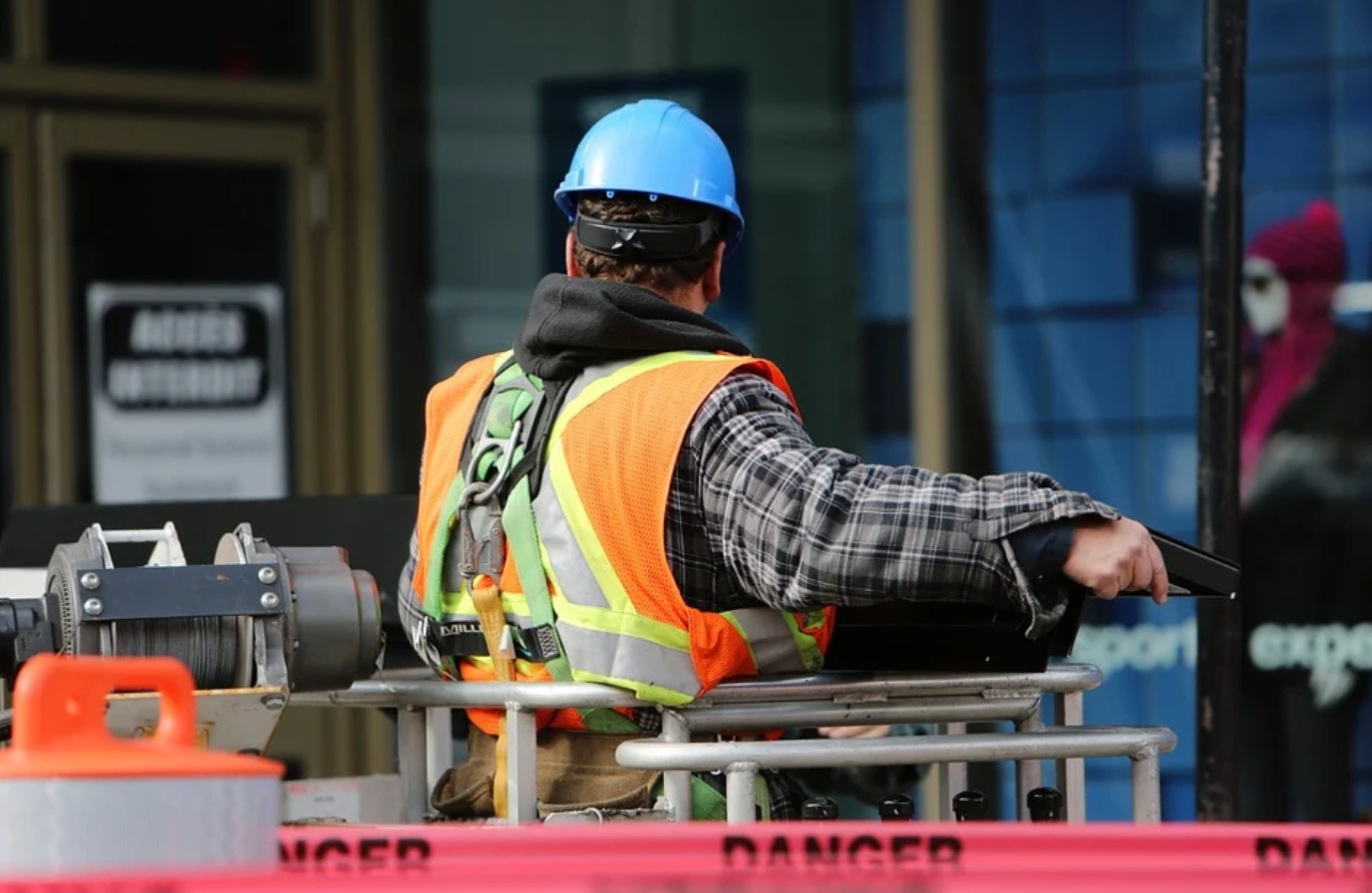Unless you have proof that the employer was negligent, you are only qualified to workers’ compensation if you suffer injuries on the job or become ill for reasons related to it.
The proper safety gear may make the difference between a workplace that is safe and one where someone loses their life while working.
What gear? Well, standard safety gear consists of fire extinguishers, knee and elbow padding, helmets, and eye and ear protection. You can talk about the necessary safety equipment with your employer; simply make sure that any equipment provided to you has been kept up to date and maintained correctly. You have the right to file a workers’ compensation claim shortly if your injuries at work have been caused by defective safety equipment. For more details, contact a knowledgeable injury lawyer.
Does your employer provide you with proper safety gear?
The proper safety equipment primarily depends on the kind of work you perform. The gear required by a carpenter working on a building site differs from that of someone working eight hours a day in front of a computer. Your employer should go over the job’s security protocols with you when you are employed and ensure that personal protection gear is available. Do not hesitate to raise your concerns and ensure your safety if you feel you need additional equipment.
- Equipment Repair and Maintenance

Man in safety gear operating equipment; image by Life-Of-Pix, via Pixabay.com.
As soon as your employer provides you with the safety equipment you need for your profession, ensure that it is being regularly inspected and replaced as needed. An accident waiting to happen is an aging ladder that feels shaky or no longer locks. To successfully block loud noises, ear protection must be utilized, and eye protection must be tight to avoid sparks or dangerous chemicals from getting into your eyes. To make sure they operate effectively, other things like fire extinguishers should be investigated and changed on a regular basis.
How Do I Continue If I Have Been Injured?
If you suffer an injury at work, ensure that you fill out a workers’ compensation claim as soon as possible and notify your employer or supervisor. You must visit a physician as soon as possible if you want to obtain evidence of the injuries you have experienced. Your employer might argue that your wounds occurred outside of the workplace if you wait. Your injuries should be compensated by your employer’s workers’ compensation insurance, but claims sometimes get turned down.
If I Get Sick or Get Injured at Job, Can I Sue My Employer?
Unless you have proof that the employer was negligent, you are only qualified to workers’ compensation if you suffer injuries on the job or become ill for reasons related to it. Generally, no lawsuits can be brought in these situations.


Join the conversation!